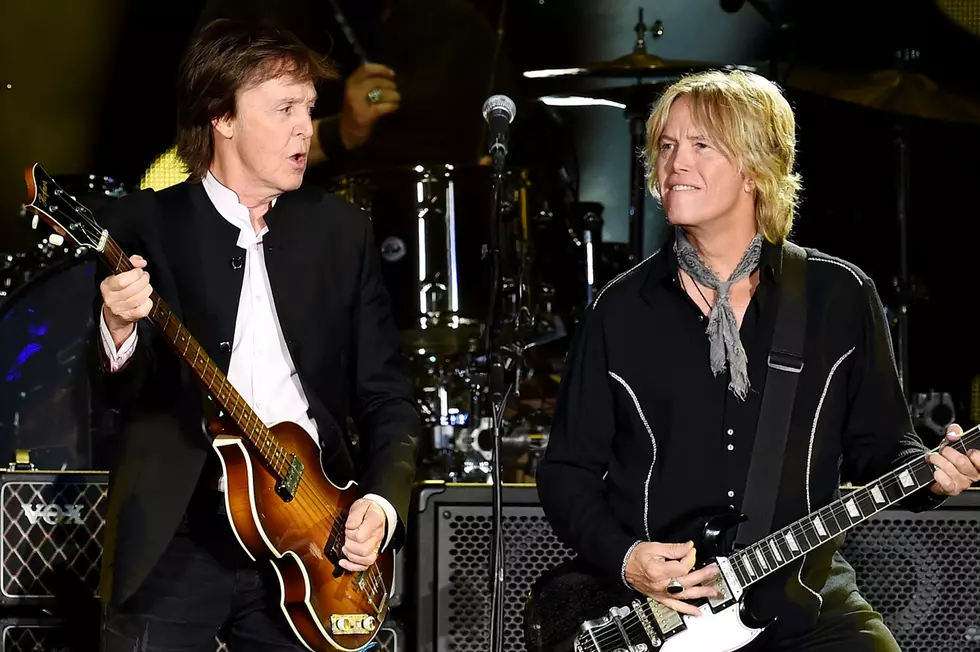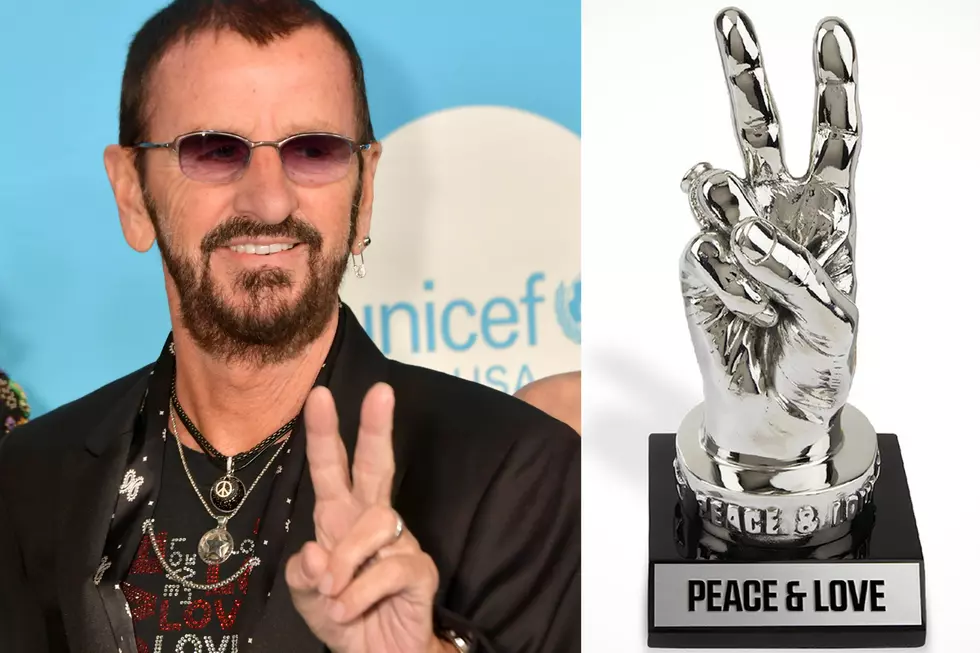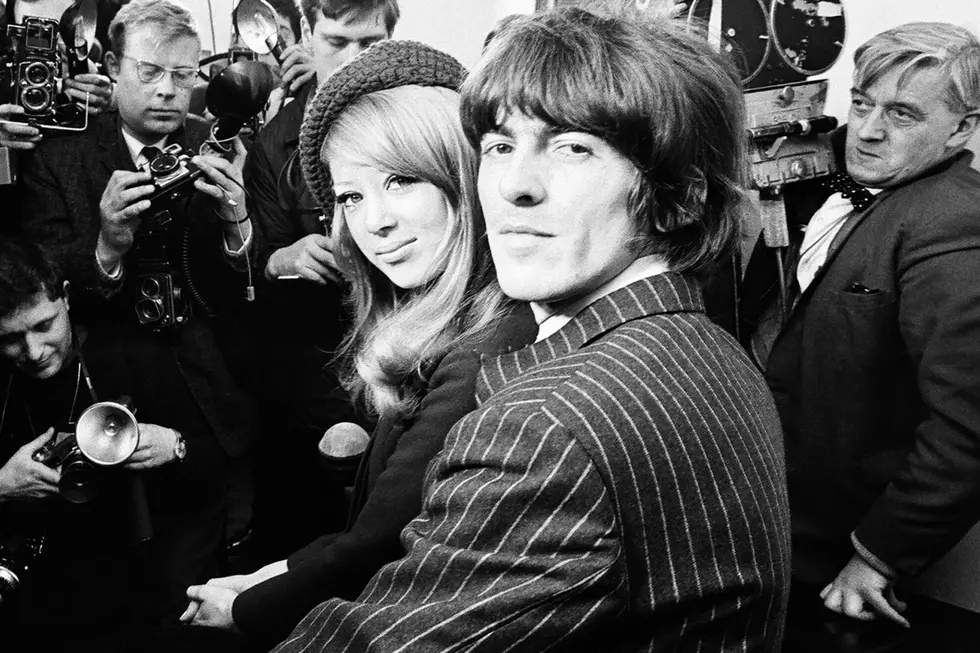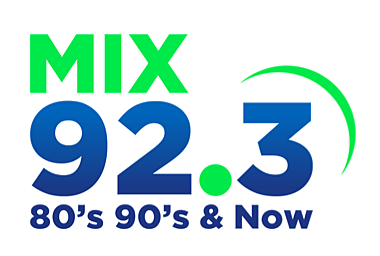
Behka’s Breakfast with The Beatles Recap: Week of February 3
As you probably know by now, I host the morning show now here on BOB-FM. And when you’re the one who’s behind the mic, a good amount of the time you get to decide what plays on the radio. The Beatles are my favorite band and have been since I was a teenager. Since I like the Beatles, I plays ‘em! Here’s the rundown of what I’ve been spinning this week. I’ve been doing a segment at the beginning of the morning show to play some Beatles every day. However, I know some of you out there aren’t exactly early birds – 6:00 a.m. is pretty dang early, after all. And some of you might have caught the end of a song or just missed it, and so I thought I’d post some audio and videos of the songs I used each day, and I’ll tell you what I know about em here, too.
On Monday, I played "I'll Follow the Sun".
The song's lyrics center around a man who feels he is unappreciated by a woman. The song is believed to be him giving her an ultimatum, and that, as the lyrics state, "One day, you'll look to see I've gone." One reason they didn't use the song on their previous albums was because it wasn't tough enough for their leather-jacketed early image. By the time they did record it for their fourth album, the rhythm had changed from a rockabilly shuffle to a gentle cha-cha. And Ringo Starr kept the beat by smacking his palms on his knees.
On Tuesday, I played "I Don't Want to Spoil The Party".
The lyrics revisit Lennon's familiar themes of alienation and inner pain. In this song, he is at a party, waiting for his girl to show up. When it becomes clear that she has stood him up, he decides to leave, rather than spoil the party for everyone else. Both the lyrics and melody share a melancholy sound and theme with previous songs on Beatles for Sale, such as "No Reply" and "I'm a Loser".
On Wednesday, well, it was very snowy and I was stuck at home.
On Thursday, I played "Eleanor Rigby".
Paul McCartney came up with the melody of "Eleanor Rigby" as he experimented with his piano. However, the original name of the protagonist that he chose was not Eleanor Rigby but Miss Daisy Hawkins. McCartney said he came up with the name "Eleanor" from actress Eleanor Bron, who had starred with the Beatles in the film Help!. "Rigby" came from the name of a store in Bristol, "Rigby & Evans Ltd, Wine & Spirit Shippers", which he noticed while seeing his girlfriend of the time, Jane Asher, act in The Happiest Days of Your Life.
On Friday, I played "Revolution".
The Beatles had avoided expressing political viewpoints, with "Taxman" being their only prior song with an overt political topic. During his time in Rishikesh, John decided to write a song about the recent wave of social upheaval. Despite Lennon's antiwar feelings, he had yet to become anti-establishment, and expressed in "Revolution" that he wanted "to see the plan" from those advocating toppling the system. The repeated phrase "it's gonna be alright" in "Revolution" came directly from Lennon's Transcendental Meditation experiences in India, conveying the idea that God would take care of the human race no matter what happened politically. There were two versions of the song, one slower that was on their 1968 self titled album and this faster version put out on the single. John wanted to put out the song as a single to declare the group's stance on what was happening in the news, but the other three said it was "too slow". Lennon rearranged the song and this version appeared as the b-side of the more commercial "Hey Jude".
Let me know if there's something you want to hear next week!
Revolutionarily yours,
Behka
More From Mix 92.3









